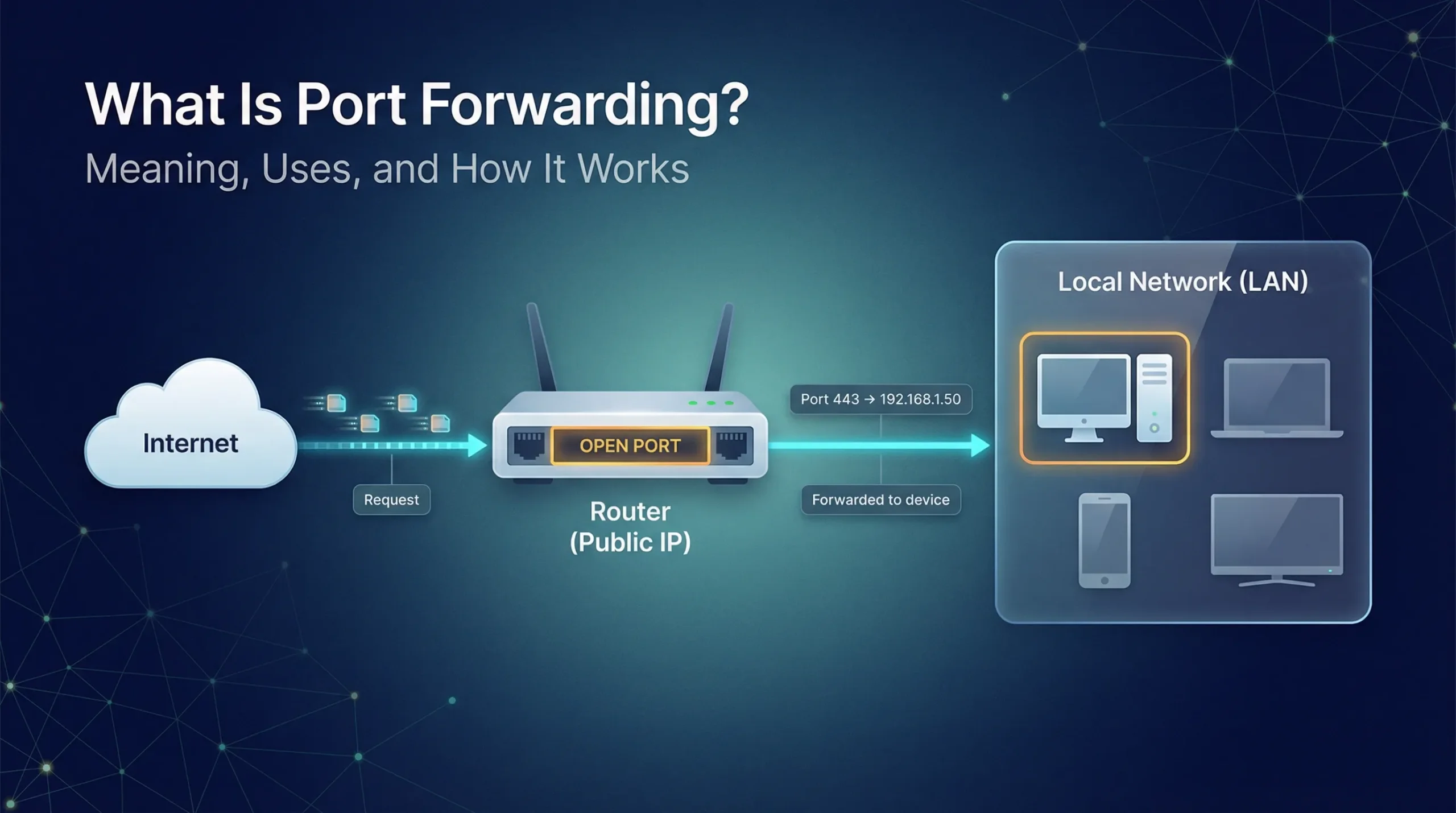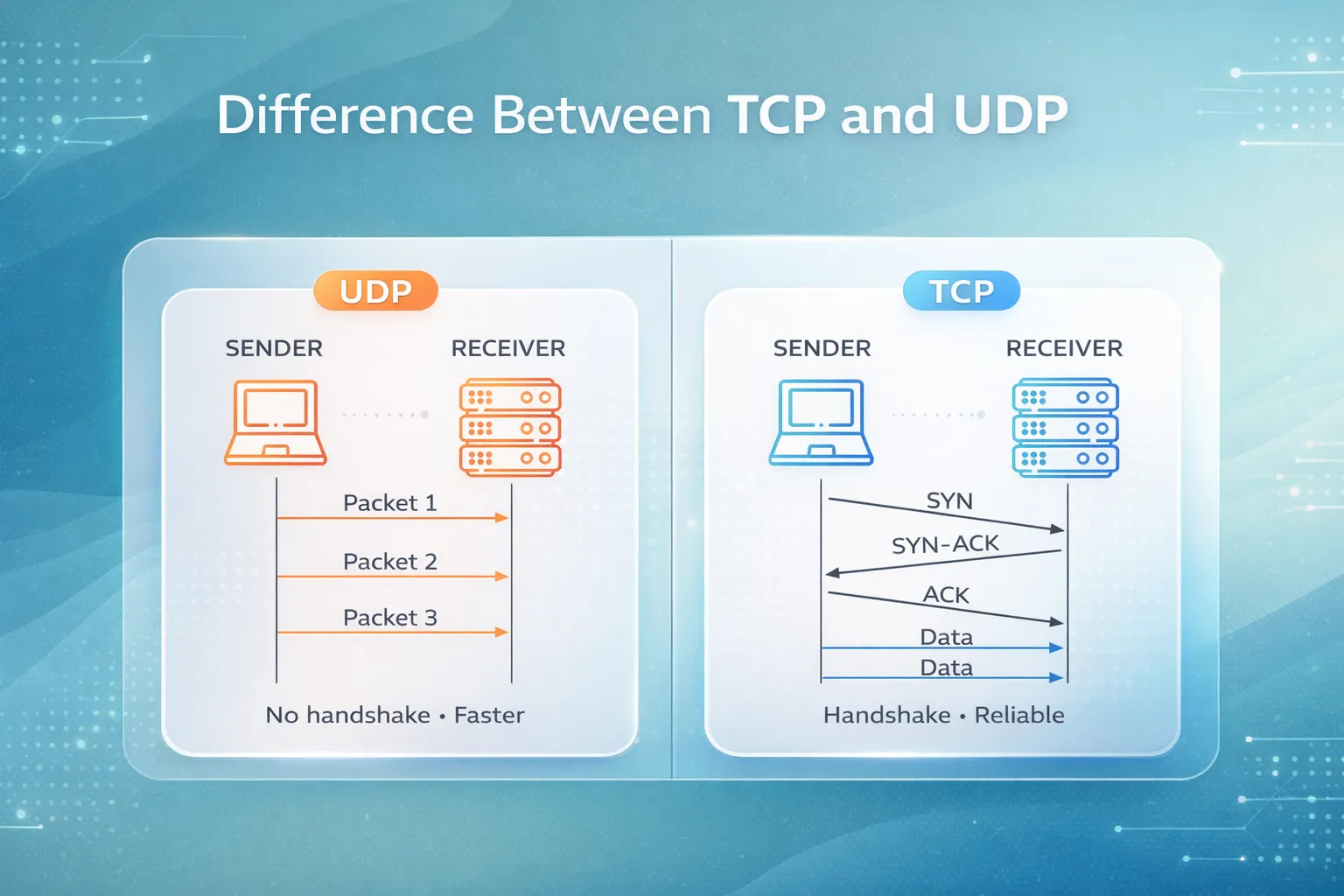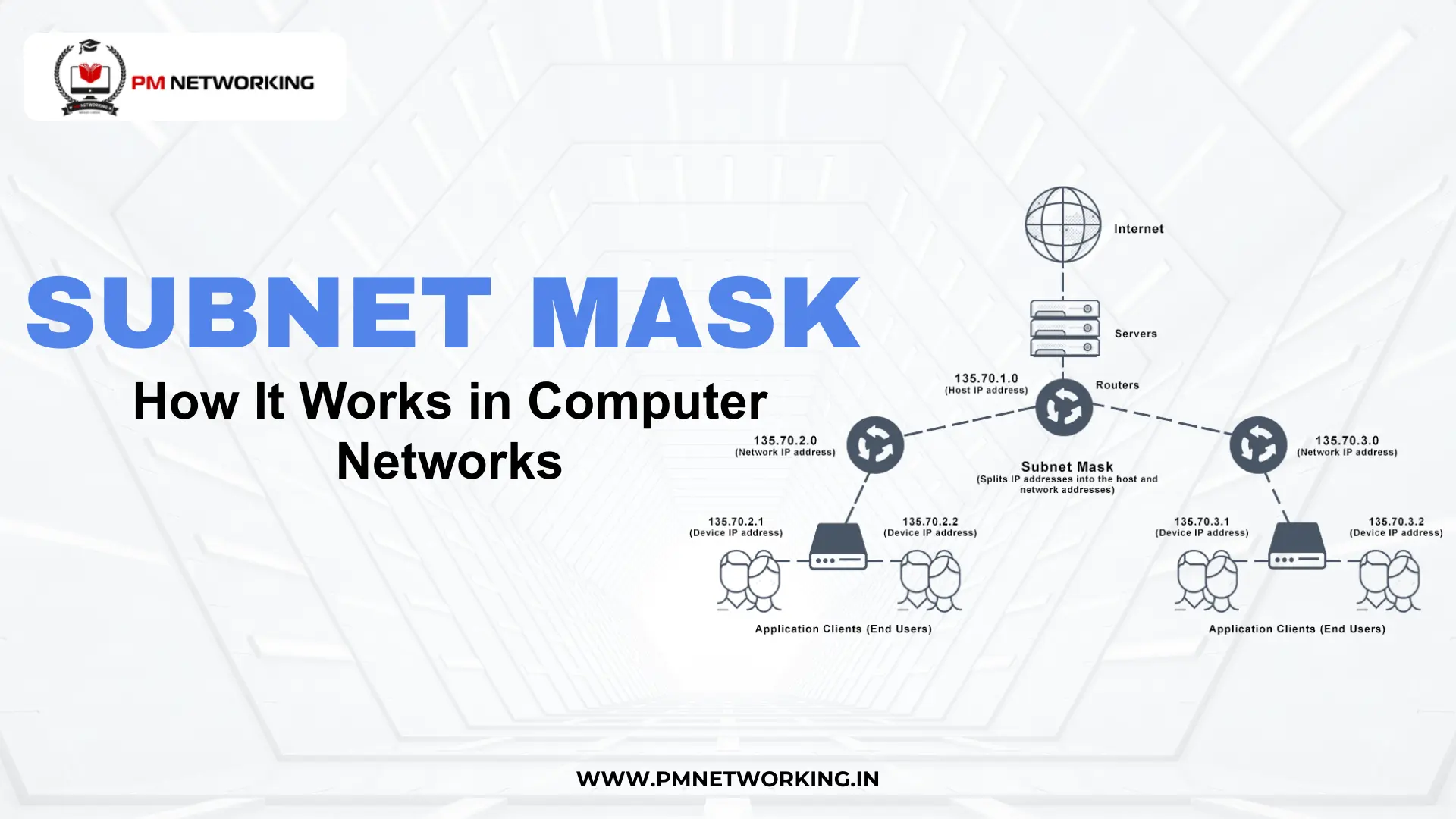
Network engineers have several technical skills to help them carry out their expected responsibilities, including designing, implementing, managing, and monitoring the local and wide area networks used by businesses and organizations. These engineers often understand a wide range of scientific and technological ideas, including infrastructure, security, network architecture, and scripting. In this article, we are going to discuss everything about Network Engineering.
What Is a Network Engineer?
Network engineers are more important than ever as we all are becoming more dependent on the internet and cloud services. Computer networks are designed, implemented, managed, and troubleshooted by network engineers, also known as network architects. These might consist of intranets, wide area networks (WANs), and local area networks (LANs). They guarantee the dependability, effectiveness, and security of data transport and communication networks. Network engineers collaborate closely with other IT specialists to ensure that an organization’s network runs well. They have an in-depth knowledge of both hardware and software components.
Skills Required To Be A Network Engineer
Proper management and maintenance of computer networks requires an understanding of both human and technical abilities in network engineering.
Networking principles: It is important to understand the basics of switching, routing, and subnetworking. Network engineers should have knowledge about the OSI or TCP/IP models as well as protocols like TCP/IP.
Network design and implementation: The ability to create strong network structures is important. This includes having an understanding of network hardware, such as switches and routers, and design concepts that guarantee scalable and dependable systems.
Problem-solving and troubleshooting: It is important to detect and fix network problems, whether they are caused by software defects, hardware malfunctions, or security measures.
Network analytics and monitoring: Engineers must use a variety of tools and software to maintain traffic, performance, and defects in order to avoid and respond to network failures.
Automation and scripting: Automating repetitive processes is a common component of efficient network management. Being proficient in automation tools like Ansible or Puppet and scripting languages like Python and PowerShell can be quite beneficial.
Fundamentals of cybersecurity: Protecting network security because of the growing cyber threats requires an understanding of security principles like firewalls, VPNs, IDS/IPS, and network access control.
Proficiency in cloud computing: Due to the widespread usage of cloud services, knowledge of cloud platforms (such as AWS, Azure, and Google Cloud) and cloud networking is becoming more and more important.
Project management: By supervising network projects from idea to implementation, which includes personnel, resources, and time constraints, network engineers can guide efforts toward successful results.
Communication skills: To effectively cooperate with team members and explain complex network concepts to those who are not technical, excellent written and verbal communication skills are necessary.
Some soft skills may also prove beneficial for the network engineers such as Analytical Skills, Time-Management Skills, Written Communication Skills, and so on.
What Does A Network Engineer Do?
Depending on the employer and the particular function, a network engineer’s daily duties may differ in terms of particular tasks and responsibilities. Network engineers generally carry out a variety of duties to guarantee that the networks are operating correctly. The following are some of the main duties of a network engineer:
- Deciding on, creating, and putting into practice the network structure to increase network effectiveness.
- Tracking and enhancing network performance by carrying out duties including traffic monitoring, log analysis, and problem identification.
- Troubleshooting network problems by figuring out what’s causing them and coming up with a solution.
- Collaborating to solve problems and guarantee the smooth operation of the networks with other teams, such as system administrators or security professionals
- Establishing and maintaining different network hardware and software, such as firewalls, switches, and routers, to guarantee the effectiveness and security of the network
- Putting in place security measures such as intrusion detection systems, firewalls, and VPNs; maintaining an eye on network activities for unusual activity; and handling security occurrences.
Career Domains Of Network Engineers
The knowledge of a network engineer is essential in many industries. Here’s an overview of some of the sectors in which network engineers are having an influence:
Information technology (IT): The activities of the IT industry are centered around network engineers. They perform essential functions including network architect, system administrator, and network analyst for managed service providers or within IT departments.
Education: Network engineers operate in the background to build a connected environment for instructors, administrators, and students in college. They are in charge of sustaining digital learning tools and ensuring constant connectivity.
Healthcare: Network engineers are important to the operation of medical equipment and the availability of patient records in hospitals and clinics. They aim to link the several tech services that are necessary for modern healthcare.
Financial services: Network engineers make sure that data and transactions are handled smoothly for banks, insurance providers, and other financial organizations. They play an important role in maintaining the security and safety of financial data.
Technology firms: Network engineers are working with technology companies to help with software development, cloud deployments, IT infrastructures, cybersecurity standards, and focused on customer tech solutions. They are leading the way in innovation and advancing the direction of technology.
Telecommunications: Millions of people are served by networks of communication that cover long distances. Here, network engineers are in charge of the complete design, implementation, and security of the communication networks.
Government: Maintaining public sector networks is a major responsibility of network engineers at the local, or state levels. They support the infrastructure of our everyday lives by making sure that the networks, websites, databases, and public IT systems of various government agencies stay safe and operational.
Conclusion
A network engineer needs to have a few essential skills in order to excel in their respective fields. You need to have a solid understanding of networking principles and protocols. Network security is improved by understanding cybersecurity procedures. Furthermore, clear communication is helpful while working in teams and solving technical problems. Having all the above-discussed skills will help you become a proficient Network Engineer.







0 Comments